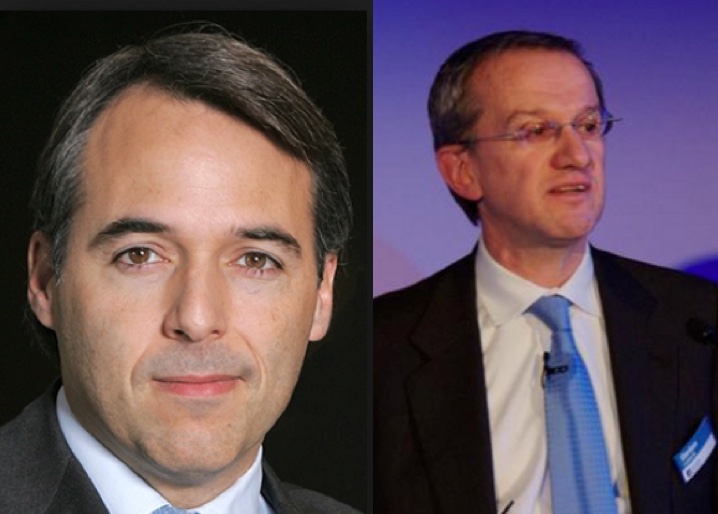Robeco Boston Partners invests in equities based on the process of the “Three Circles”, a philosophy conceived in the eighties, which is known by the managers of the company as the “fundamental truths” of investment.
“The trick is to keep things simple,” said Mark Donovan, portfolio manager of the company’s Large Cap US Equity strategy. “There are too many people wasting time trying to predict the unpredictable, while for me, investing my time in finding companies that meet the three circles: Attractive valuation, sound business fundamentals, and good momentum, is much more interesting “.
While stock selection is the center of Robeco Boston Partners’ philosophy, the management firm is not alienated from events affecting the market. “We don’t try to guess where the dollar or the oil price will stand, but we do carry out constant sensitivity analyses on the effect of these factors on the fundamentals of the companies which we follow, in order to see if the market is misinterpreting the consequences. “
According to Donovan, the evolution of interest rates in recent years has created valuation traps in certain sectors, such as utilities. “Utilities are often equated with bonds, so in times when bonds pay as little as now, investors tend to buy more utilities looking for extra yield.” This has driven the sector to trade at a PE of 19x compared to a historical average of 13x-14x. “The market is assuming that rates will remain low, or even continue to decline, a wrong bet, in our judgment,” says Donovan. “If rates start to rise, the utilities will suffer a lot.”
The banks are at the other extreme. It is a sector that has behaved lackluster for the last two years, due to the low rates, the bank’s net interest margin is lower and profitability suffers. “The sector is trading at a PE of 10x, a ratio which reflects that investors believe that banks are dead money, but if rates start to rise, even a little, the potential for improvement is important,” said Donovan.
The earnings season remains positive, beating expectations as regards the fourth quarter “but not so in the revision of targets for 2015, which is generally downward”. As a large caps investor, Donovan closely monitors the US dollar effect on the earnings of US companies. “The vast majority generates a significant portion of its revenue overseas, so that a strong dollar means lower dollar value of foreign income in addition to the problem of loss of competitiveness“. Donovan points out that even without considering the currency effect, revenue growth is slowing compared to the second half of 2014. “Growth has moderated in the US, and neither China nor Europe is helping.”
Corporate Activism, an interesting trend
According to Donovan, an interesting factor in the current North American business scene is the proliferation of activist investors. “In Robeco Boston Partners we are not ‘activist’ investors, but it strikes my attention that within my portfolio there are several names that have either been touched by, or are likely to arouse the interest of activist investors whose ultimate goal is to influence company management to unlock its value,” he explains. “If I was currently the CEO of a listed company in USA, what would deprive me of some sleep would be to think of waking up one day to find that Bill Ackman, Carl Icahn, or someone similar has taken an interest in my business, “adds Donovan.
Activist investors acquire a stake in companies in which they see they would be able to obtain value with some major changes in senior management. A recent example is McDonalds, which has had two bad years, causing its former CEO, who had barely held the position for two years, to decide to “retire” pushed by the board of the company. His replacement has the mandate to turn the company around by taking a different path than his predecessor. The board of McDonalds, influenced by shareholders who have decided to take an active approach in their investment, has zero tolerance for management with mediocre results. Although Donovan insists on clarifying that they are not activists in their positions, he also claims that this trend is benefiting the type of companies that are often part of their portfolio. “One example is United Technologies, which has been part of our strategy for some months. It is a company that has inherited a good business, even though it has recently experienced some problems. The appointment of a new management team is usually a good catalyst for change. “
This is Part 1 of a Three part interview to Robeco Boston Partners US and Global Equity Team, published in Spanish in Funds Society print magazine (April 2015)
*Market ratios are calculated as of February 2015








